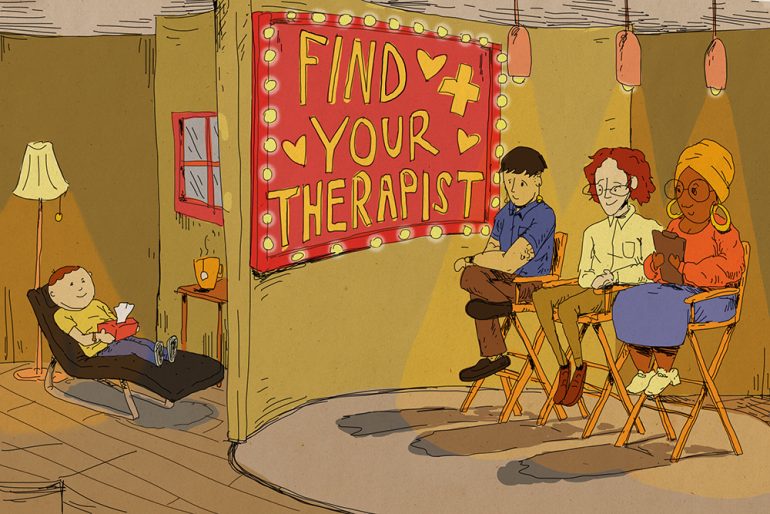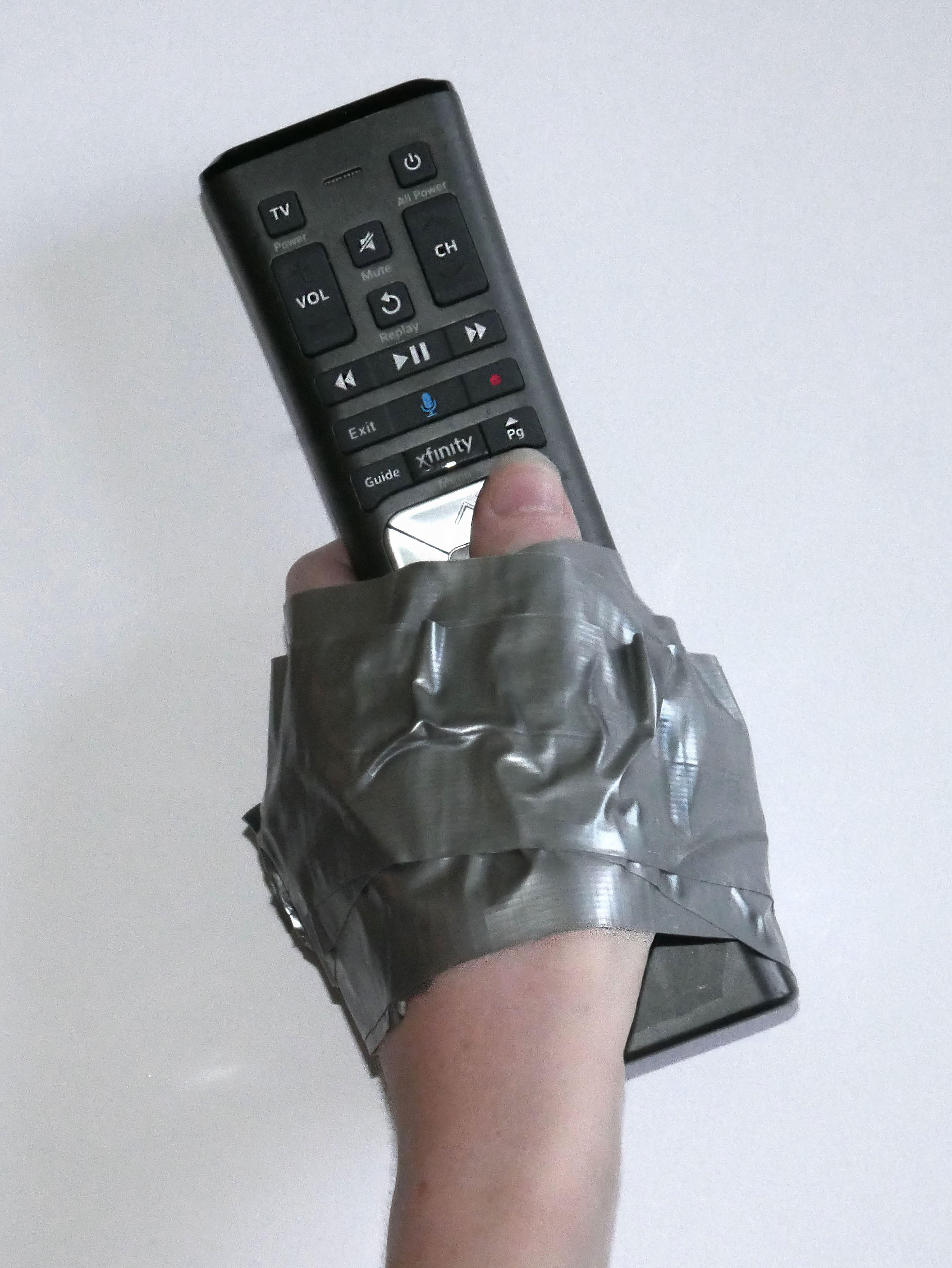Finding the right therapist can be just as elusive as finding the right romantic partner. A therapist is a partner of sorts, so why don’t we put more emphasis on compatibility in our search for the right mental health professional?
At some point, Millennials and Generation Z gained an interesting reputation: We go to therapy. This reputation isn’t unfounded, with 35% of Millennials and 37% of Gen Z currently in therapy. These rates are higher than those in the Gen X (26%) and Baby Boomer generations (22%). It’s not necessarily because we’re less healthy (our rates of mental illness are similar to Gen X but worse than Boomers), we just seem to value seeking help. Emotional honesty is a value we share. Going to therapy is just one way to get more in touch with our desires and fears, but it’s an outlet many of us have chosen.
Therapy can be a way to sort out a variety of problems, be they related to personal struggles, mental illness, or self-discovery. From big things like grief or depression to smaller things like moving home or forming study habits, a therapist can help with anything you may need in your life at any given time. Everyone can benefit from therapy, even if you don’t think you need it. Psychologist Marian Marguiles believes that therapy’s true beauty is in helping the client get to the bottom of their most intimate problems. “If you’re not getting to the cause of the pain, you’re essentially chained to the past,” she told Forbes. “Psychotherapy gets to the root.”
This healing is dependent upon your relationship with the therapist you’ve chosen. Allowing yourself to be open about your life and putting in the work with them to change negative patterns is a huge part of the therapy process. However, the process can be stalled if you aren’t compatible with your therapist. Compatibility, that indescribable spark felt with the best of your friends and partners, is something we understand as a given requirement in most other relationships. So why not consider the same with your therapist?
Despite the positivity spread about how great therapy is, it isn’t unusual to find a bad therapist your first time around. My first time in therapy was entirely unhelpful. I was sixteen, recently diagnosed with an anxiety disorder, and having trouble eating because of frequent panic attacks. The therapist I was seeing had latched on to the idea that I wasn’t eating and tried to diagnose me with an eating disorder. No matter how much I tried to tell her that I could eat just fine when I wasn’t anxious, she continued with her own ideas instead of listening to mine. After discontinuing my time with her, I took two years off of therapy before realizing I still needed help. The three therapists I’ve had since then have all been exactly what I needed at the time I needed them, but I made sure to use those first meetings to feel out whether or not I felt a connection before committing to a long-term partnership. I also don’t feel bad about finding a new therapist if I feel my current one is no longer working. This is a natural part of the therapy process and nothing to get down on yourself about.
As with any other kind of relationship, it can take time to know exactly what you want. There are lots of different therapists that specialize in a wide variety of topics, treatment plans, and techniques. You can seek out therapists for any specific issue or disorder, from anxiety to substance abuse to relationship problems. If you don’t feel comfortable opening up one on one, group therapy or art therapy might be viable alternatives.
Factors such as insurance and scheduling will also come into play. Some therapists may not be available to you, be it because of economic reasons, their current availability, or their location. This can make finding a therapist even more difficult. There are ways to navigate these issues, including looking on websites like goodtherapy.org where you can sort therapists based on your needs. It’s worth noting that therapists are generally understanding of your limits and will typically help figure out a schedule and payment plan that works for you during your initial phone consultation. You may also be interested in services like CIMHS or betterhelp.com; online programs at free or low-cost prices designed to be an alternative option to face-to-face therapy.
Whether you’re looking for your first therapist or unhappy with your current one, I wish you luck in your search. It can feel discouraging to realize your therapist isn’t working for you, but the right one is out there. Your health is a top priority and worth the time it takes to research a new therapist or a new type of therapy.





